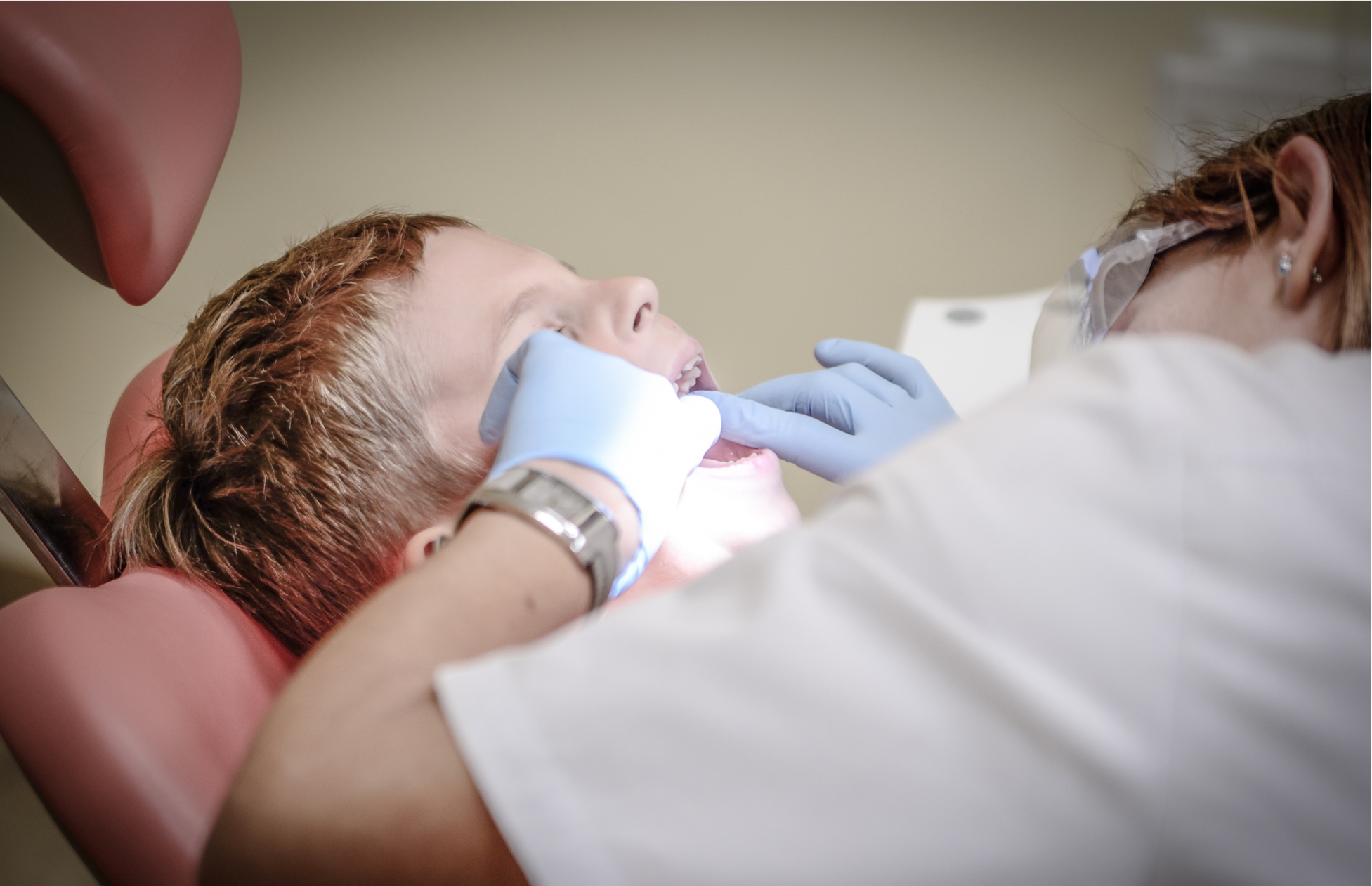Archaic Rule Denies Medical Care to Rural Ohio
Jun 26, 2017
Currently, 69 of Ohio’s 88 counties include a region defined by the U.S. Department of Health and Human Services as medically underserved. Thirty-one of these are Appalachian counties, and according to the Appalachian Translational Research Network, Appalachian populations have disproportionately higher instances of poor health, face additional barriers to enhanced health, and exceed national poverty rate averages.
One reason families living in these areas are underserved is they often live hours away from a hospital or doctor’s office and they are often unable to take time off work to seek needed care. Unfortunately, Ohio adds to this burden by barring doctors, who are licensed to treat people in another state, say Indiana, from volunteering at charity medical clinics in Ohio.
There are charity clinics who want to help these families. Remote Area Medical (RAM), one of the largest charity clinic organizer, has held free clinics throughout the Appalachian region as a part of their “Stop the Suffering in Appalachia” campaign. Sadly, Ohioans cannot benefit from these clinics as state policy forbids RAM, and other charity care medical clinics, from operating in the state, leaving Ohioans in Appalachia and other medically underserved areas without access to the medical care they so desperately need. This tragedy hit home several weeks ago when we volunteered at a RAM free clinic in rural Virginia.
The people who came to the clinic were hard working individuals – children, elderly, and single parents – who are just trying to make ends meet. Many of them could not even remember the last time they’d seen a doctor. While at the clinic, they received physical exams, had blood work done, and received a variety of other tests such as diabetes test and mammograms. Charity medical organizations must pull medical volunteers from across the country to adequately staff and run free clinics, at this clinic at least four states were represented. However, patients were also connected to local partners and health agencies that could follow-up with and ensure they received any additional care they might need.
We were struck by RAM’s impact. While volunteering we heard a story of one elderly Ohio women who was losing her hearing. She desperately needed hearing aids, but could not afford them or the necessary exams to get them. She’d heard of RAM and discovered she could receive quality treatment at little or no cost. Unfortunately, she could not access these services because charity care organizations like RAM face restrictions too great to hold clinics in Ohio. Luckily, her daughter was able to take a few days off work and drive her mother to Virginia during one of RAM’s weekend clinics. At that clinic, the women received a pair of hearing aids and regained some of her independence. Not everyone is as fortunate.
Sadly, this women’s story is not uncommon. Medical charity organizations like RAM often attract patients from multiple states—men, women, and families who are forced travel out of state to get basic medical care. Not everyone, however, can travel hundreds of miles to get care. Why can’t Ohioans receive care in Ohio?
The good news is there is a solution. RAM, and other charity clinics, are restricted from operating in Ohio because of strict state licensing laws which do not allow medical professionals of one state to work or volunteer in another state. That law can be changed. In fact, it already has been for dentists. In 2014, legislators passed the Ohio Dental Care Modernization Act, creating a temporary volunteer professional license for dental health professionals from other states so they can volunteer at free care clinics in Ohio.
Additionally, in the 2016-2017 state budget, Ohio lawmakers allowed for out-of-state medical professionals to volunteer at camps in Mt. Gilead operated by SeriousFun Network. Finally, just this year Governor Kasich signed legislation allowing medical professionals to receive continuing education credits for donating their time to provide charity medical care.
One wonders why, if Ohio lawmakers truly recognize the value of medical charity care, they don’t allow all medical professionals to volunteer their time and expertise to help Ohio’s medically underserved. Until these licensing restrictions are addressed, Ohio’s most vulnerable will continue to suffer.
